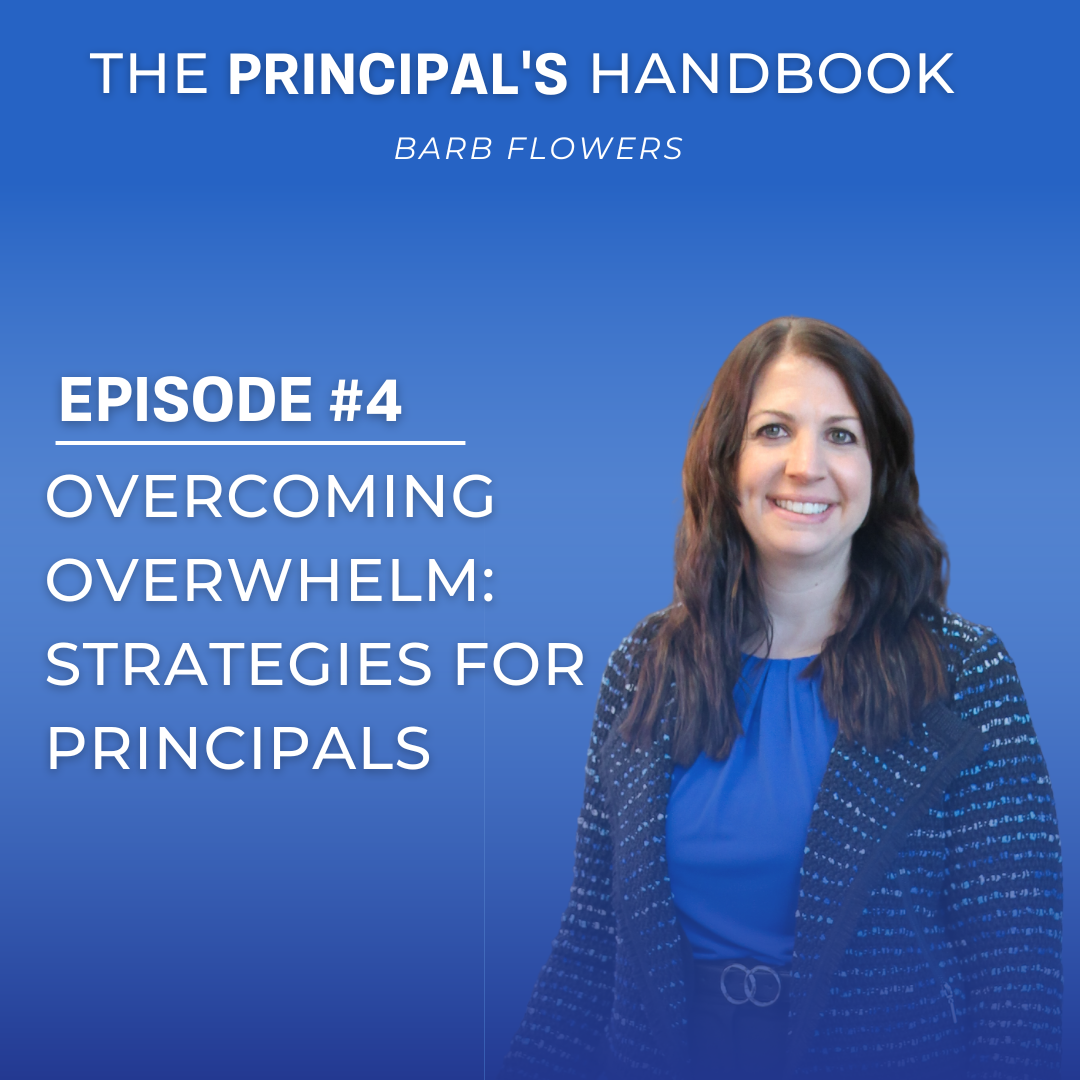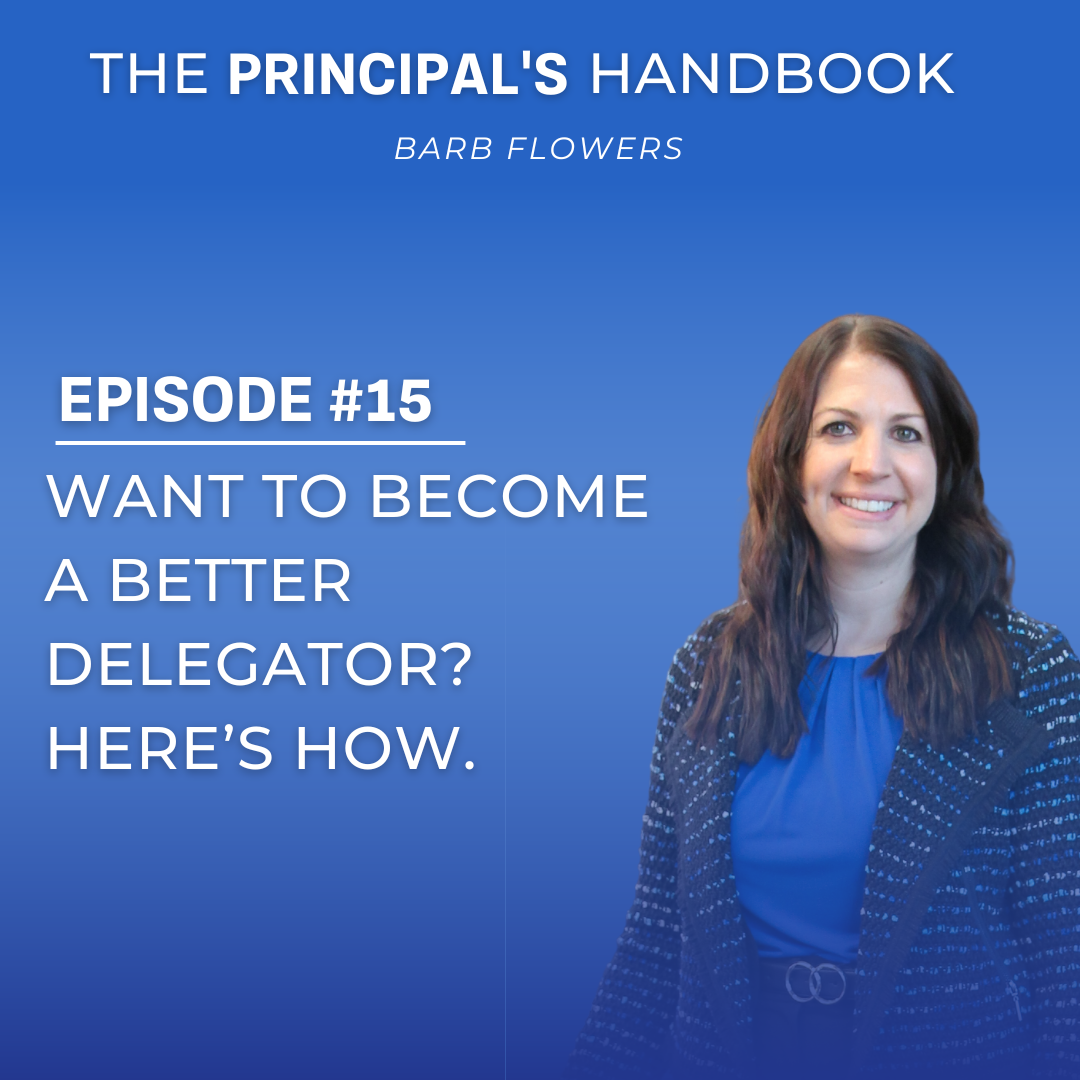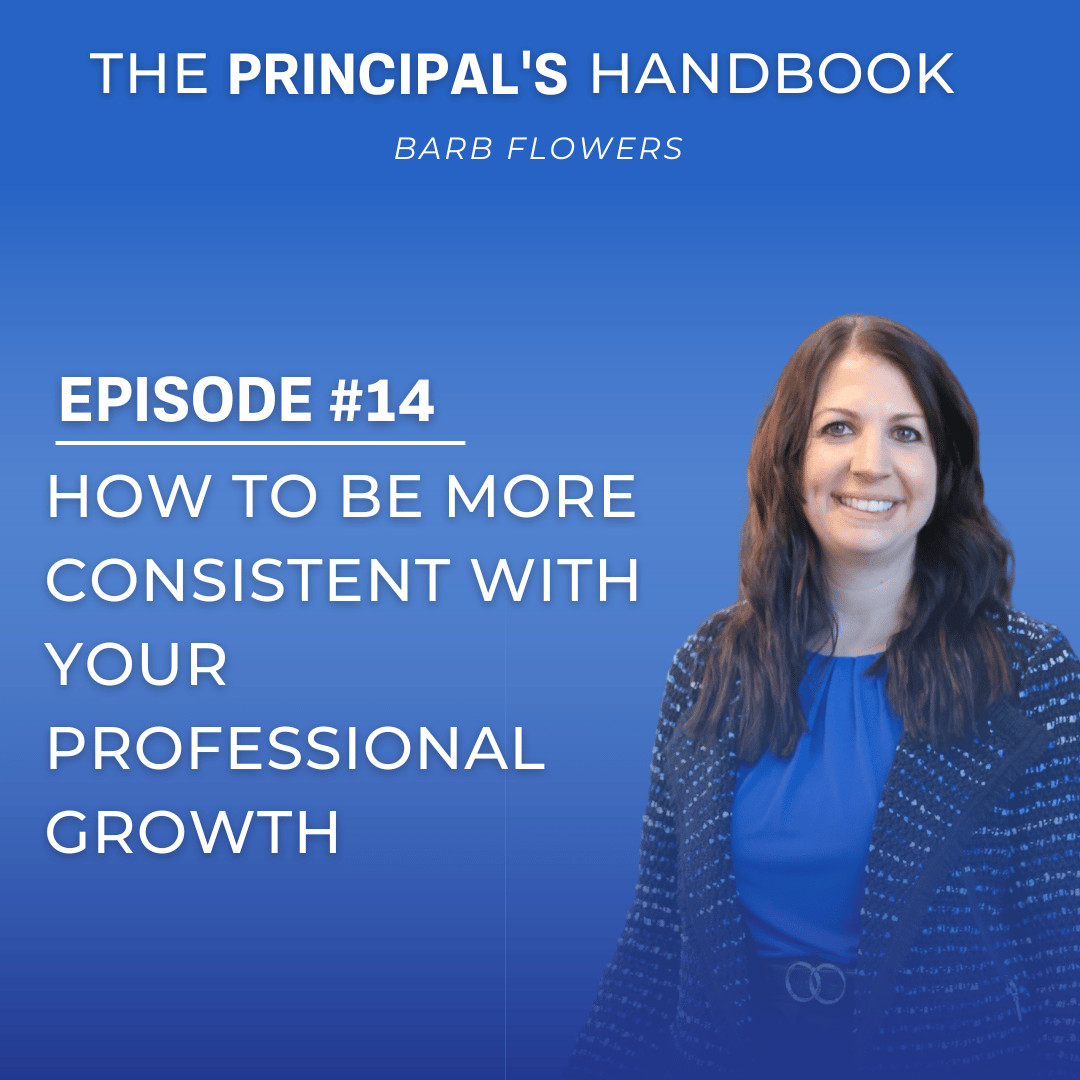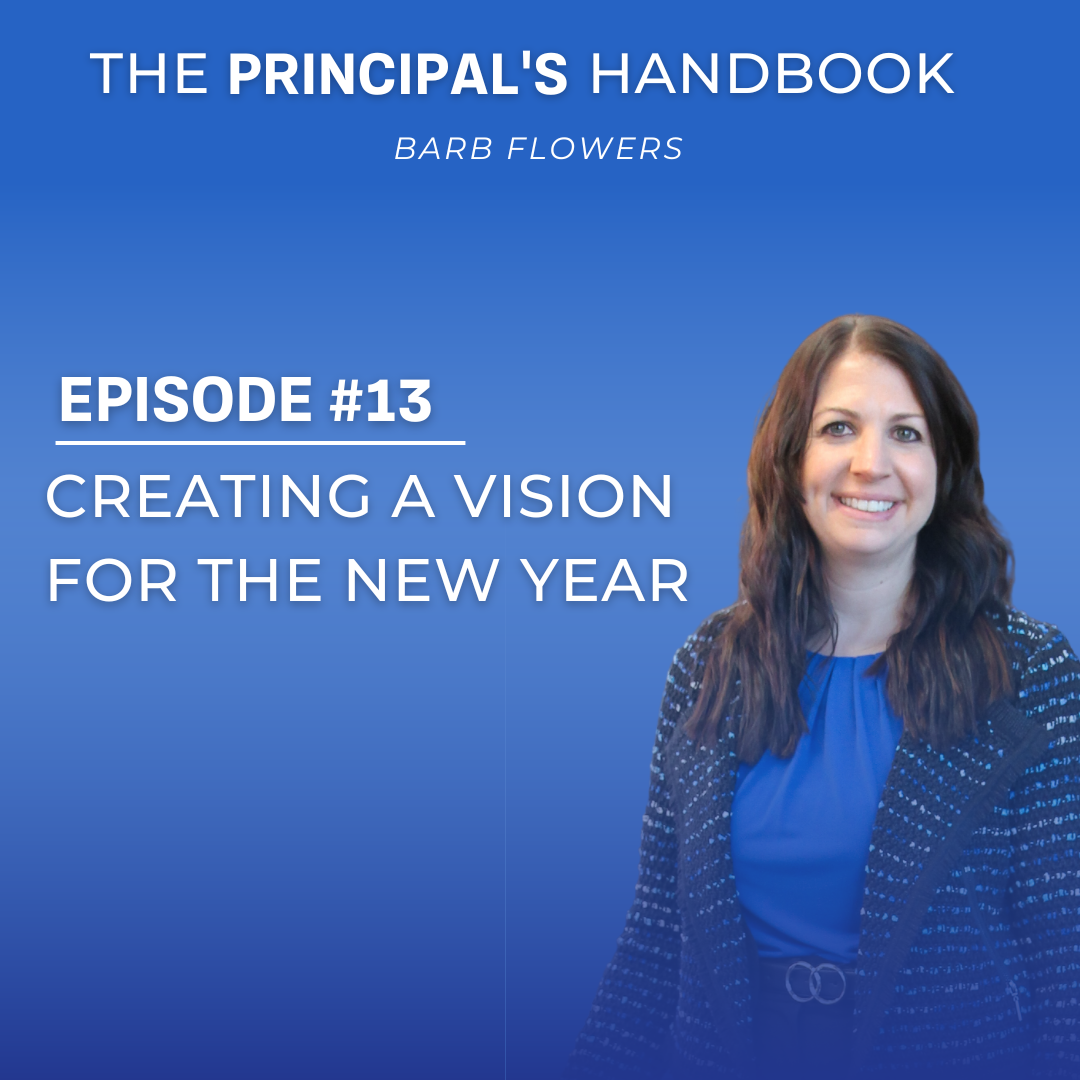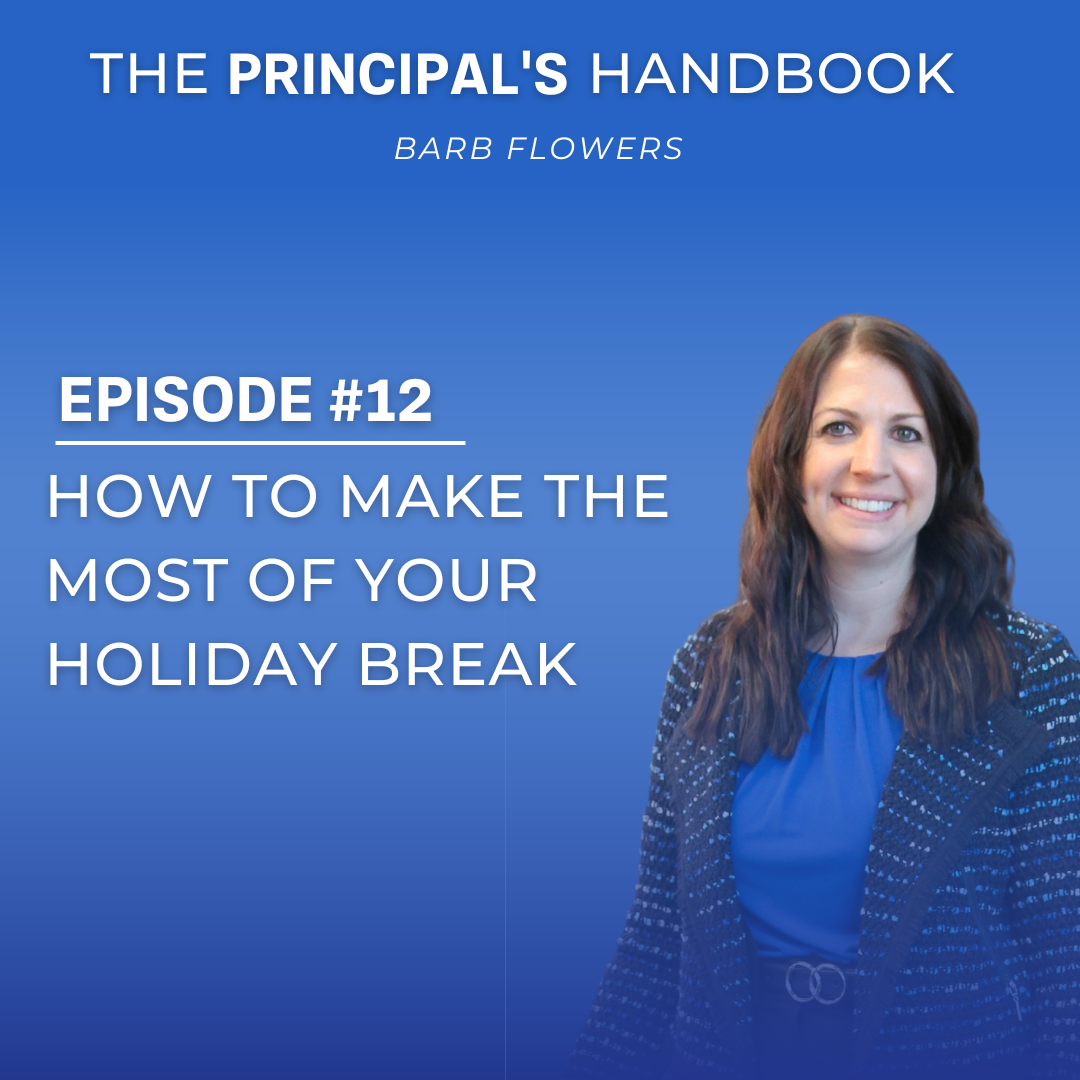Welcome, everyone!
Today, we’re talking about dealing with overwhelm.
We’ve all experienced those moments where we feel like we’re just trying to keep our head above water—checking off endless to-do lists but never feeling caught up. Overwhelm can stretch over days, even weeks.
When I feel overwhelmed, it often stems from doubt: the persistent feeling that I won’t get everything done.
In today’s episode, we’ll cover:
What is Overwhelm?
Overwhelm happens when we have too many demands on us.
You feel emotionally overloaded, stressed, like everyone needs something from you—and you can’t keep up.
As principals, we know this feeling all too well.
Why Do We Get Overwhelmed?
Overwhelm can be caused by:
-
Overcommitting
-
Not setting boundaries
-
People-pleasing (doing things just to please others, not because it’s necessary)
-
Perfectionism (feeling like everything must be done perfectly, which leads to tasks taking longer)
-
Over-scheduling (not leaving buffer time for unexpected needs like student behavior or parent meetings)
For me personally, overscheduling is the biggest cause of overwhelm.
How to Stop Feeling Overwhelmed
1. Recognize It
Understand what’s causing your overwhelm.
For example, I feel overwhelmed when I overbook meetings and then unexpected issues pop up. I notice I become anxious, forgetful, and distracted.
2. Change Your Thinking
Overwhelm is a feeling—and feelings are created by your thoughts.
Instead of thinking, “I’ll never get this done,” remind yourself:
Positive thoughts create positive actions.
3. Prioritize Your Tasks
Make a list. Break big tasks into smaller ones.
For example, instead of saying, “Plan PD day,” break it into steps like “create outline,” “gather resources,” and “email staff.”
4. Practice Time Management
Use small pockets of time intentionally:
-
If you have 10 minutes, answer a quick parent email or draft part of your weekly teacher notes.
-
Recognize that good enough is good enough—especially for small tasks!
5. Match Your Tasks to Your Energy
Work on mentally intensive tasks, like observation rubrics, during your high-energy times (for me, that’s morning).
Save low-focus tasks for the afternoon.
6. Delegate
Ask yourself: Is this something I really need to do myself?
Early on, I tried to do too much for teachers. But when I delegated tasks, they were more than willing—and it empowered them to step into leadership too!
7. Prioritize Self-Care
-
Journaling: Write about gratitude, reframe negative thoughts, and track goals.
-
Exercise: Move your body daily, whether it’s walking, strength training, or running.
-
Rest: Sleep 7–9 hours each night.
Don’t glorify exhaustion—it hurts more than it helps.
-
Healthy Habits: Meal prep, morning routines, or mid-day check-ins help you stay consistent.
Helping Your Staff Manage Overwhelm
If you’re overwhelmed, odds are your staff feels it too.
Here’s how to support them:
-
Model Calm: Be mindful of how you present yourself. Stress spreads!
-
Check In: Talk with teachers. Help them reframe their thinking.
-
Promote Open Communication: Let staff know your door is open.
-
Encourage Positive Perspective: Helping others often reminds you to coach yourself, too.
Final Thoughts
Overwhelm is a normal part of leadership.
What matters most is how you respond.
You always have a choice:
-
Stress and anxiety?
-
Or calm and resilience?
Choose thoughts that serve you—and your staff.
Free Resources and Coaching
If you’re interested in more support:
-
Grab my free guide for prioritizing your time (linked in my Instagram bio and show notes).
-
Sign up for a free Confidence Strategy Planning Session.
We’ll evaluate your confidence across five key pillars and set personalized growth goals—completely free!
Find me on Instagram: @barbflowerscoaching


